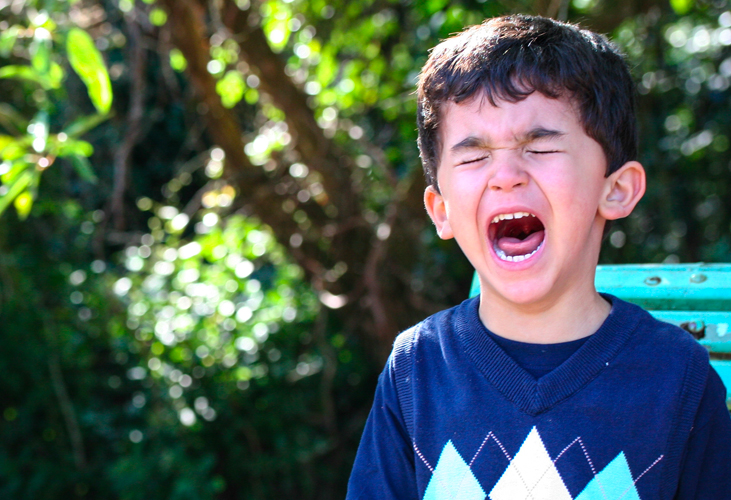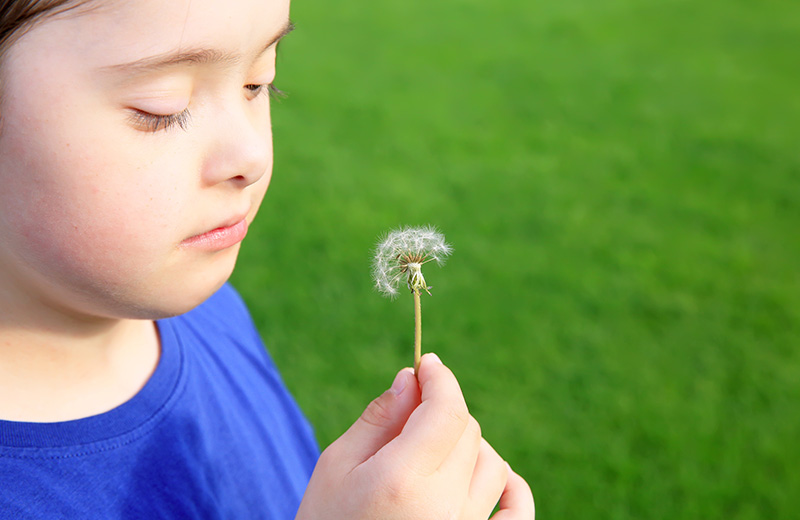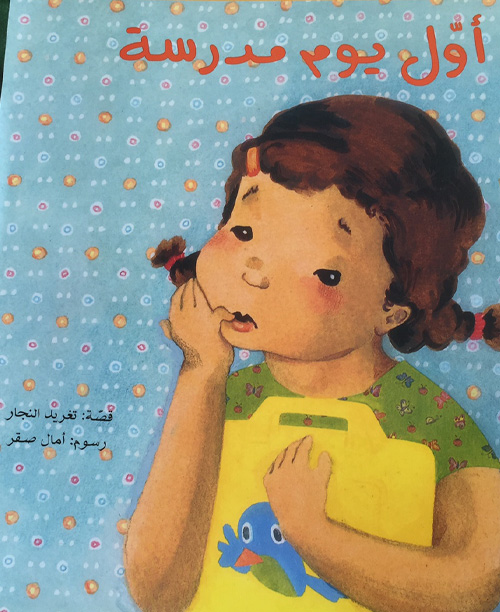Toddlers 24-36 Months
8 Reasons Why your Child Misbehaves in Public or at Home

Not one parent I know has not suffered from a child’s naughtiness at one point, or even on a daily basis. As a mother of twins, I know I have! And while your child’s naughtiness may make you feel helpless, frustrated, annoyed, tired, or even frightened. There are tactics that you can use to handle this problem and be able to deal with it effectively when it happens again and believe me it will.
There are many reasons why children misbehave. The first step to dealing with a child’s misbehavior is to understand the reason behind it.
And while each child is different below are some common reasons for children’s’ misbehavior:
-
Inability to control impulses.
The regions in the brain involved in self-control are immature at birth and do not fully mature until the end of adolescence, which explains why children are unable to control themselves and act irrationally. When we understand that our children cannot always manage impulses our reaction to their misbehavior will be gentler.
-
Physical conditions.
Children are affected much more than adults by physical conditions of being tired, hungry, thirsty, or sick. We have to be realistic, taking a child to the mall when they are tired or sleepy is a tantrum waiting to happen. In addition, too many activities, choices, and toys can lead to overstimulation in children. Children need lots of downtimes to balance their up-time, that’s why it is important to give our children lots of quiet time, free play, and rest to avoid misbehavior.
-
Need to move and play.
Children have a developmental need to move and to spend time outdoors. To avoid misbehavior, it is really important to organize free play time where can run around and release some energy.
-
Need for independence.
Even though it is annoying when a child resists or insists on doing something, but he is are doing exactly what he is supposed to be doing to become an independent person. Recognizing that a child's unwelcome behaviors are what create his personality and strengths is what can help us react with more understanding.
-
Wanting your attention.
You need to be aware that a child might see a tantrum as a way of getting attention, even if it's bad attention. Try to provide your child with positive attention regularly even if you are busy take 1 minute to positively enforce their positive behavior.
-
Life changes.
Life changes such as a new sibling or changing schools have a huge impact on a child and this will impact their behavior as well. In this situation try to schedule on-one-on time with your child to listen to their worries non-judgmentally.
-
Reaction to our mood.
Children pick up our moods. If we are distracted, angry, sad or always stressed, kids take on these moods. When we are peaceful and grounded, kids model off that instead.
-
Response to inconsistent limits.
When we are inconsistent with setting limits – one day we say yes and another day we say no – our child will protest with whining, crying, or yelling. Just like adults, children need to know what to expect.
Understanding the reasons behind their misbehavior is key and as I mentioned earlier the first step to resolving an unpleasant situation. In our next articles “5 Steps to Deal with your Child’s Misbehavior” we will discuss specific steps to deal with those difficult situations.












